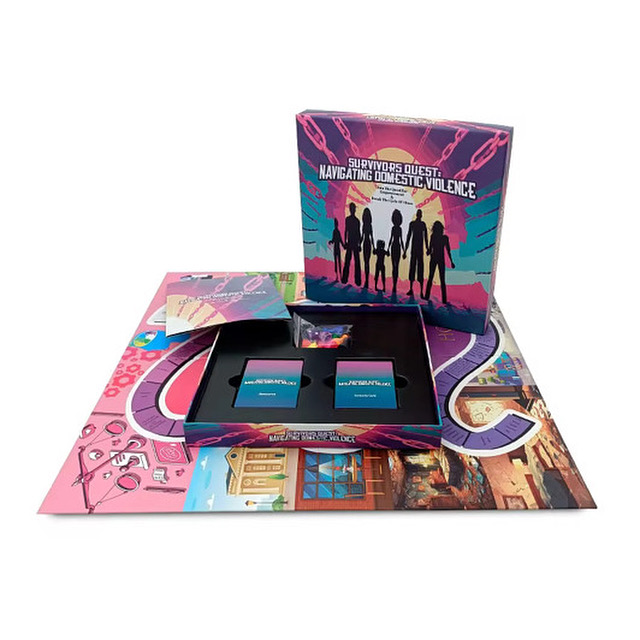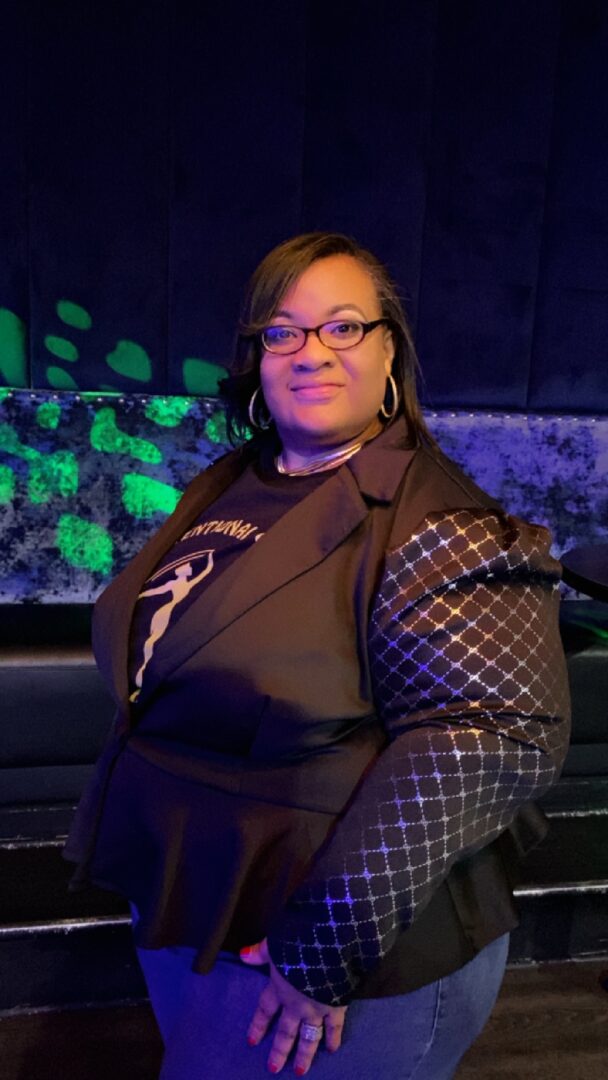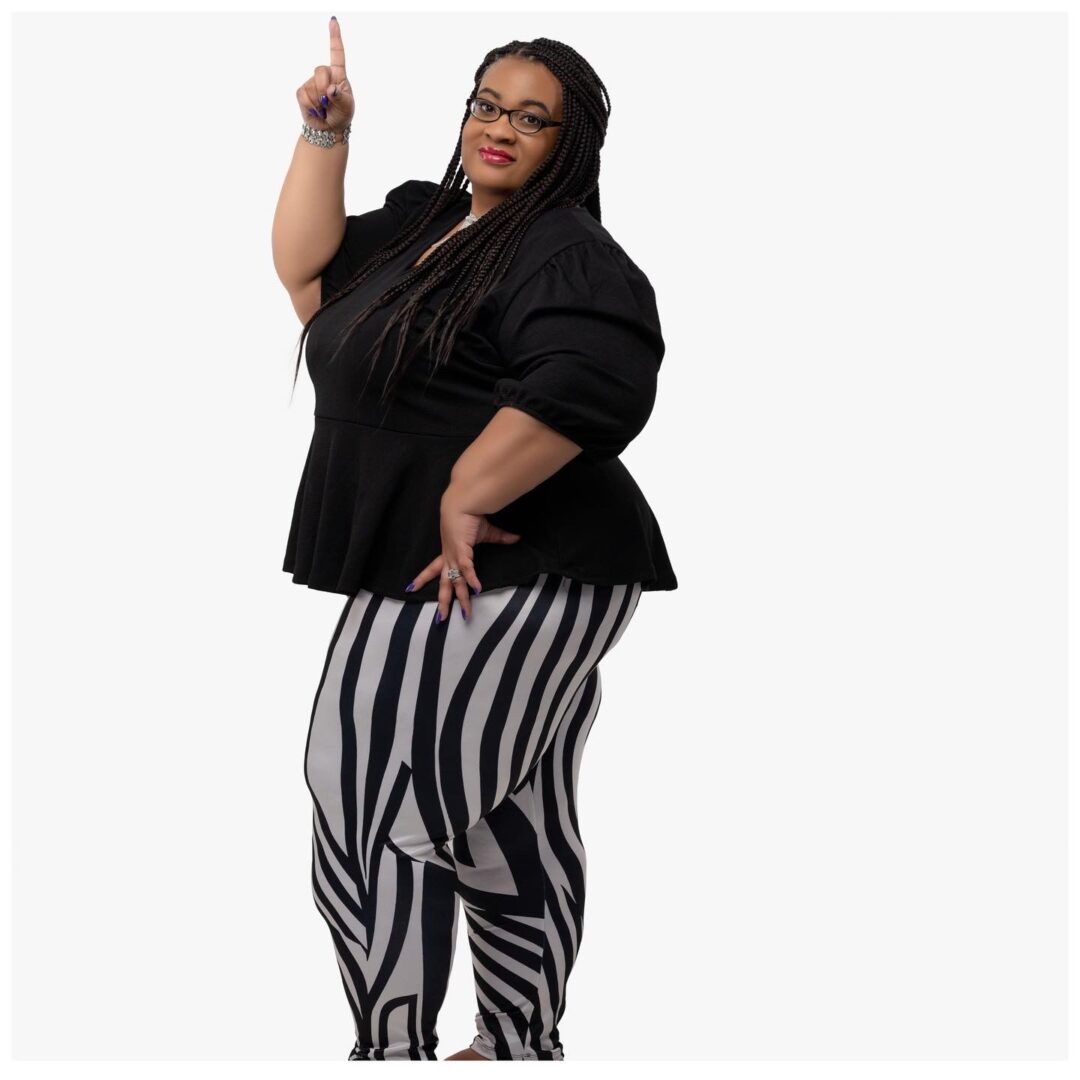We’re looking forward to introducing you to Dr. Sathya Callender-Wilson. Check out our conversation below.
Dr. Sathya , really appreciate you sharing your stories and insights with us. The world would have so much more understanding and empathy if we all were a bit more open about our stories and how they have helped shaped our journey and worldview. Let’s jump in with a fun one: What do the first 90 minutes of your day look like?
The first 90 minutes of my day are focused on setting a positive tone for the day ahead. I start with prayer, which helps me center my thoughts and intentions. After that, I take care of my hygiene routine, ensuring I feel refreshed and ready to face the day. Once I’m dressed, I turn my attention to preparing a nutritious breakfast, which is essential for my energy levels. I also take my vitamins to support my health. Finally, I log into my computer to prepare for work, organizing my tasks and setting goals for a productive day. This structured routine helps me maintain balance and focus as I transition into my workday.
Can you briefly introduce yourself and share what makes you or your brand unique?
Hello, I’m the founder of three meaningful brands dedicated to empowering individuals and fostering positive change.
First, Scars of Survival Inc. is a domestic violence organization committed to helping families not just survive but heal and thrive after experiencing domestic violence. We offer vital resources and support, providing a pathway to rebuilding lives with hope.
Second, Scars of Survival Magazine is a global publication that serves as a safe platform for survivors to share their stories of triumph and inspiration. It connects individuals and raises awareness, helping to break the silence surrounding domestic violence.
Additionally, I created PosiPalZ, an educational initiative designed to empower children to be their authentic selves. Through teachings centered on eight key characteristics—kindness, joyfulness, love, bravery, friendship, belief, sunshine, and dreaming—we inspire children to cultivate their best selves.
What makes my work unique is the recent launch of the first domestic violence board game in the USA. This innovative approach combines education and awareness in an interactive format, making it easier for families to engage with the subject and learn about available resources.
Through these initiatives, I strive to create a supportive community, promote healing, and empower individuals of all ages to live authentically. Thank you for letting me share my story and the impactful work I am passionate about.
Amazing, so let’s take a moment to go back in time. What breaks the bonds between people—and what restores them?
The bonds between people can be broken by various factors, including:
1. Miscommunication: Misunderstandings or lack of communication can lead to resentment and distance.
2. Betrayal: Trust is fundamental in any relationship. When trust is broken through betrayal or dishonesty, it can severely damage connections.
3. Conflict: Unresolved disagreements or persistent conflicts can create rifts between individuals.
4. Neglect: Failing to invest time and effort in a relationship can cause it to weaken over time.
5. Differences in Values: Fundamental differences in beliefs or values can lead to disconnection if not addressed respectfully.
Restoring bonds often requires:
1. Open Communication: Honest dialogue can help clarify misunderstandings and foster empathy.
2. Forgiveness: Letting go of past grievances and being willing to forgive is essential in rebuilding trust.
3. Quality Time: Investing time in shared activities can strengthen connections and rebuild camaraderie.
4. Understanding and Empathy: Taking the time to understand each other’s perspectives fosters compassion and healing.
5. Shared Goals and Values: Finding common ground and shared interests can renew commitment to the relationship.
Ultimately, restoring bonds takes effort, patience, and a genuine desire from both parties to heal and reconnect.
If you could say one kind thing to your younger self, what would it be?
If I could say one kind thing to my younger self, it would be: “Believe in your potential and embrace your unique journey, no matter how challenging it may seem. You are stronger than you realize, and every experience contributes to the remarkable person you will become. Trust the process, be kind to yourself, and never hesitate to follow your passions.”
So a lot of these questions go deep, but if you are open to it, we’ve got a few more questions that we’d love to get your take on. What are the biggest lies your industry tells itself?
In the context of my work related to domestic violence and empowerment through education, here are some of the biggest lies the industry tell itself:
1. “Awareness Alone Is Enough”: While raising awareness about domestic violence is crucial, simply creating awareness without providing actionable resources and support fails to address the real needs of survivors.
2. “Victims Should Just Leave”: This oversimplification ignores the complex realities many survivors face, including financial dependence, emotional ties, and safety concerns. Leaving is often not a straightforward option.
3. “Healing Happens Overnight”: There’s a misconception that recovery from trauma is quick. In reality, healing is a long, nonlinear process that requires support, understanding, and patience.
4. “Domestic Violence Doesn’t Affect ‘Us'”: This lie perpetuates the stigma that domestic violence is a problem only for certain demographics or communities, when in fact it can affect anyone, regardless of background.
5. “Educational Efforts Are Only for Adults”: Many believe that education on these issues is only necessary for adults, but engaging children and teaching them about healthy relationships and emotional intelligence is crucial for prevention.
Acknowledging these myths is essential for driving meaningful change and developing more effective strategies to support individuals affected by domestic violence.
Before we go, we’d love to hear your thoughts on some longer-run, legacy type questions. What is the story you hope people tell about you when you’re gone?
The story I hope people tell about me when I’m gone is one of resilience, compassion, and impact. I hope they remember me as someone who dedicated their life to helping others—empowering survivors of domestic violence to heal, finding strength in their stories, and creating safe spaces for them to share their experiences.
I want them to recognize the importance of the initiatives I founded, like providing resources and education to families and children. I hope they’ll say that I inspired authenticity and kindness in the younger generation through PosiPalZ, teaching them valuable life skills and the importance of positive character traits.
Ultimately, I hope my legacy reflects a commitment to making a difference and a belief that everyone has the power to overcome the challenges they face. I would like to be remembered for fostering hope, igniting change, and encouraging others to thrive despite adversity.
You can connect with me via email: [email protected] or Dr. Sathya Callender on Facebook and Instagram
Contact Info:
- Website: www.scarsofsurvival.org www.scarsofsurvivalmagazine.com. www.posipalz.com
- Instagram: @scarsofsurvival. @scarsofsurvivalmagazine. @posipalz. @sathyacallender
- Linkedin: @sathyacallender
- Facebook: @scarsofsurvival @scarsofsurvivalmagazine. @posipalcommunity. @drsathyacallender
- Youtube: @scarsofsurvivalmagazine


Image Credits
Antoinne Duane Jones
so if you or someone you know deserves recognition please let us know here.




